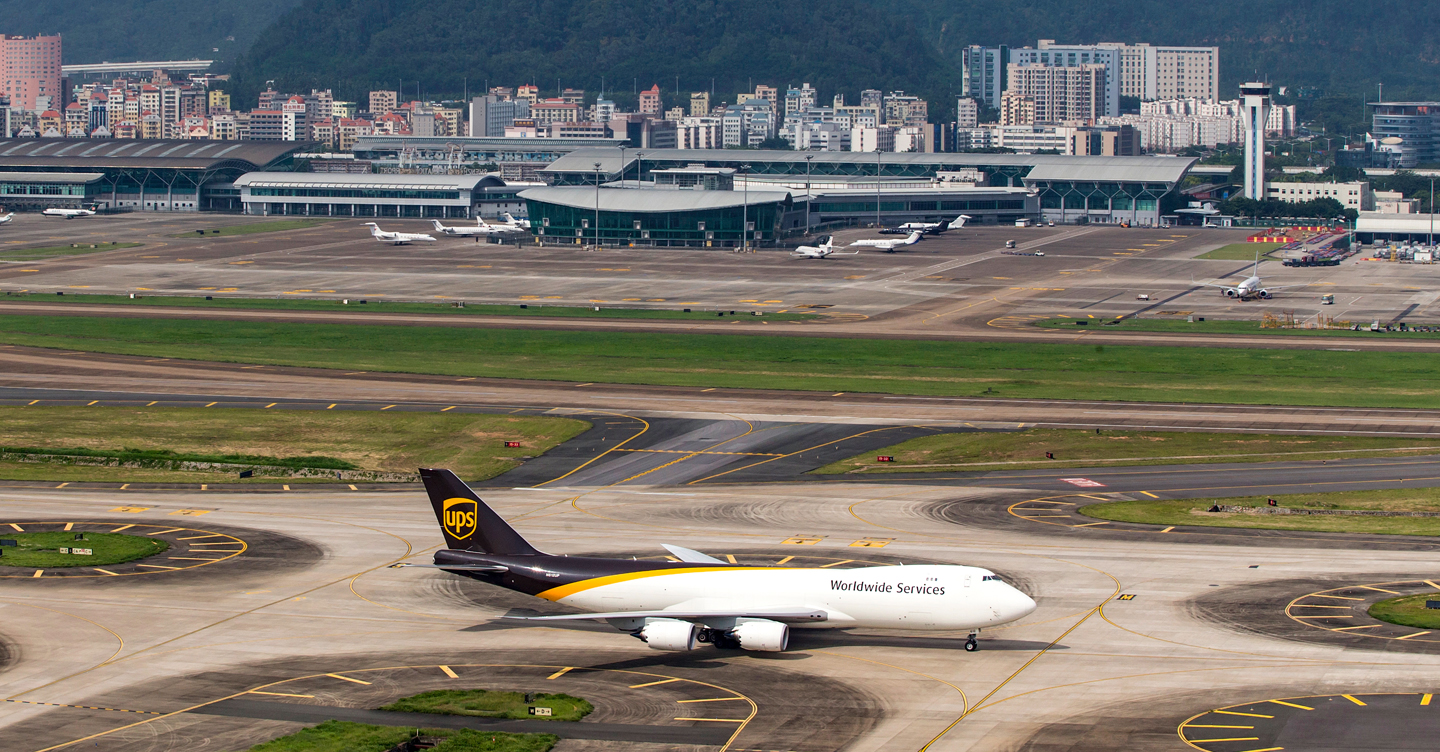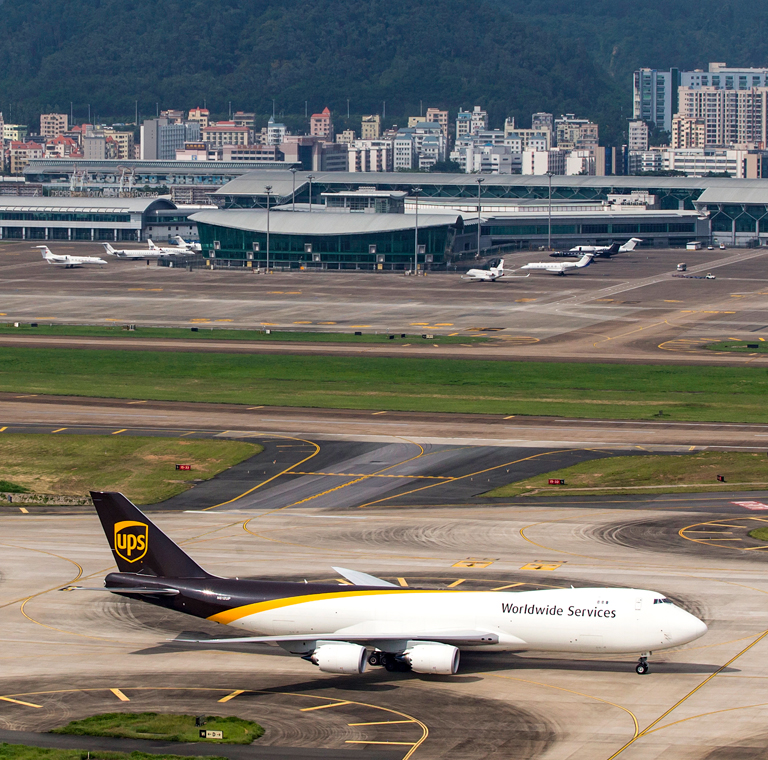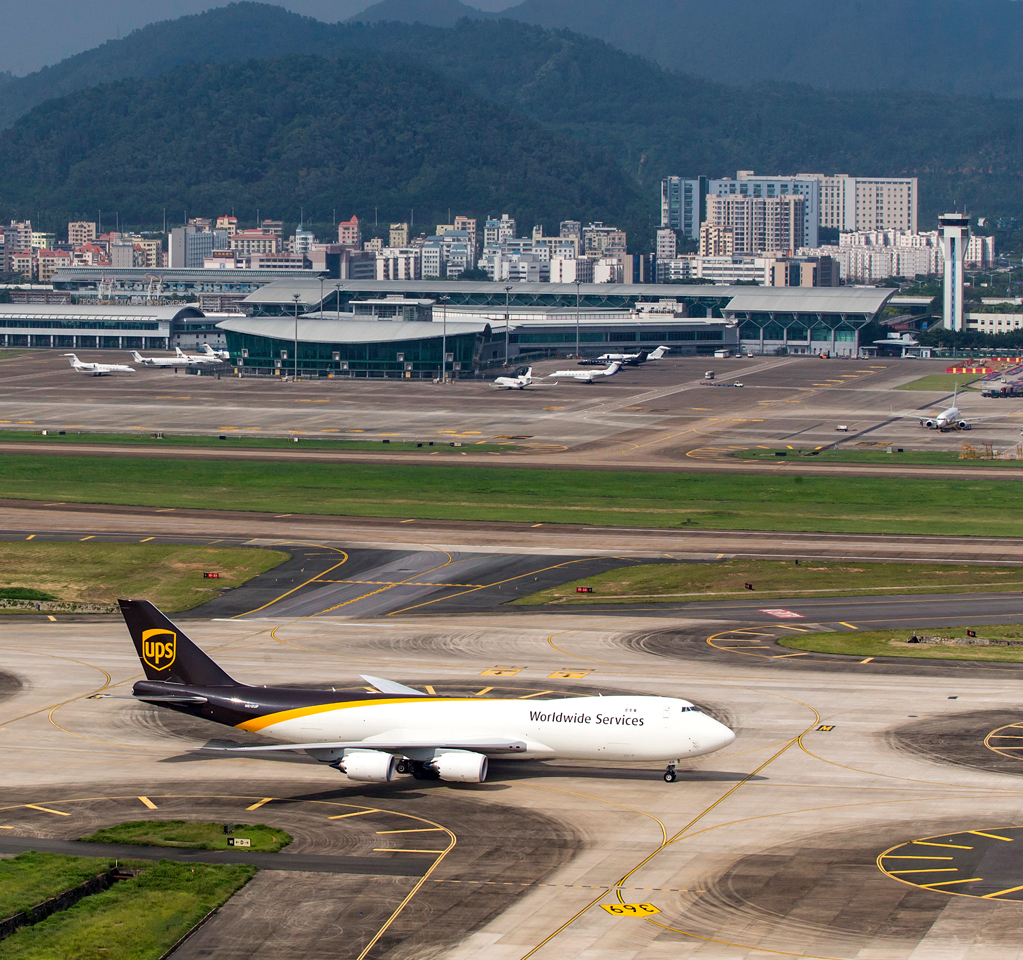What’s new: The Regional Comprehensive Economic Partnership, or RCEP, is a mega trade agreement involving 15 economies that collectively cover about one-third of the world’s population and GDP, estimated around US$26.2 trillion.
Signed on November 15, 2020, it came into effect for 10 member economies that have ratified the agreement:
- On January 1, 2022 for Australia, Brunei, Cambodia, China Mainland, Japan, Laos, New Zealand, Singapore, Thailand and Vietnam
- On February 1, 2022 for South Korea
- On March 18, 2022 for Malaysia
Why it matters: RCEP substantially lowers barriers to trade among member economies, paving the way for greater regional integration and cooperation. RCEP is projected to generate an additional US$186 billion worth of income for the global economy in the year 2030 alone when many of the full tariff eliminations go into effect. UPS’s brokerage services can help businesses benefit from the new agreement.
The RCEP is a catalyst for businesses within Asia Pacific to jump-start their recovery in the wake of the pandemic, unlock intra-Asia and cross-border growth opportunities, and diversify and strengthen their supply chains.
Key benefits: RCEP simplifies trade by creating a much more uniform approach to trade rules by doing away with the complexity of navigating what is often labelled the “noodle bowl effect” of having multiple, sometimes overlapping trade agreements.
Other benefits include:
- Tariff elimination or reduction for at least 92% of goods over 20 years to lower the cost of moving goods across the trading bloc
- Cumulative rules of origin which grant exporters preferential rates if materials are sourced from within the bloc
- Quicker customs clearance which means shorter time-to-market for both importers and exporters
- Greater use of digital tools such as paperless trading and electronic authentication, reducing transaction costs and promoting more seamless e-commerce experiences
- Harmonization of standards and protocols based on a single rulebook which ensure consistency and level the playing field for businesses
- Creation of a first-ever level of free trade between China and Japan, and Japan and South Korea
What’s next for businesses: Qualifying businesses may produce a RCEP self-declaration of origin, which is needed to obtain duty reduction or exemption under RCEP.
Think about having an “RCEP-ready” supply chain, where all operations are brought within the bloc to simplify and reduce the cost of trade.
Get the assistance of trade experts who can help map out the most feasible regional expansion options, taking into account the improved tariff landscape.
Go deeper: To find out more about UPS’s customs brokerage services – including what the RCEP can do for your business – visit our dedicated international trade page or contact your local customs brokerage team.
Listen to UPS South APAC President Matt Parkey talk to Singapore radio station MoneyFM about the opportunities RCEP offers the region’s SMBs.


